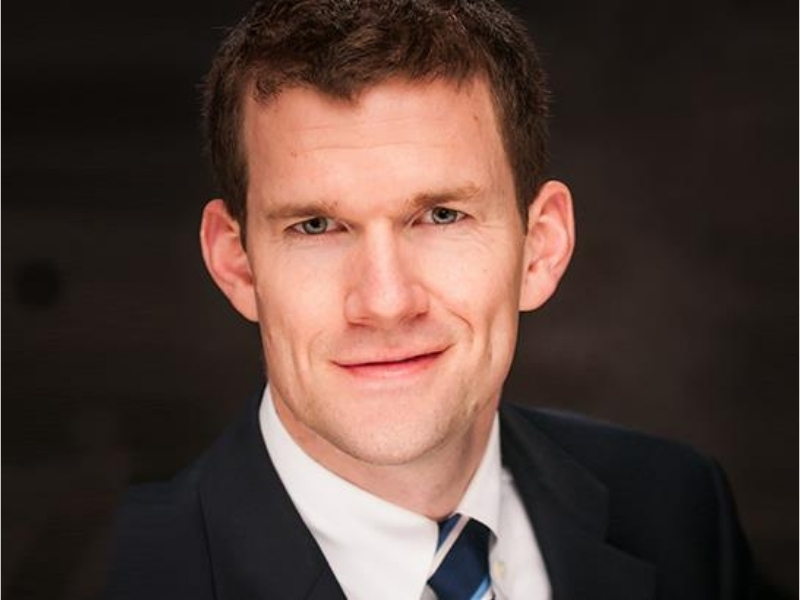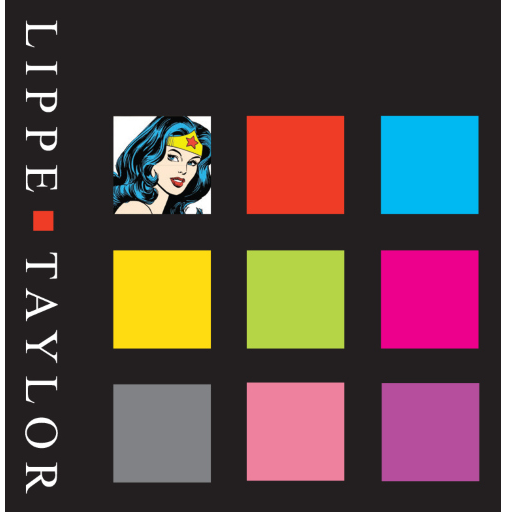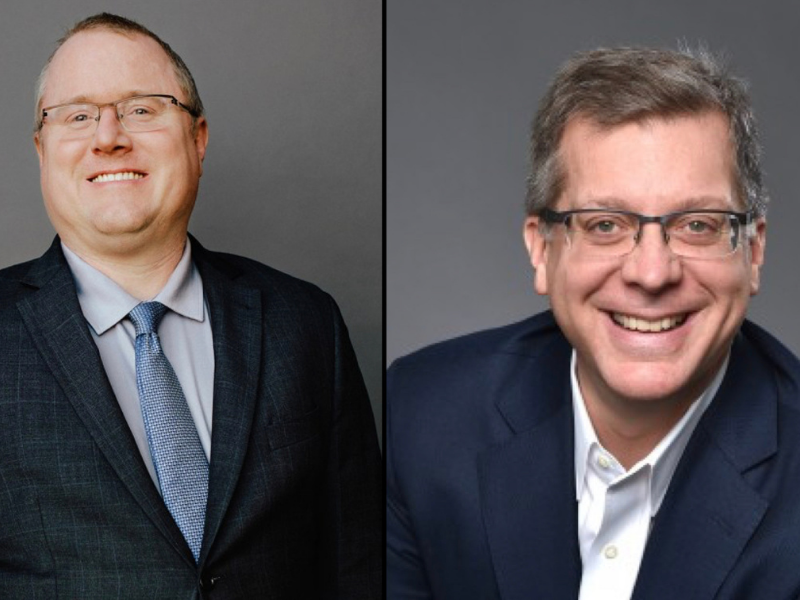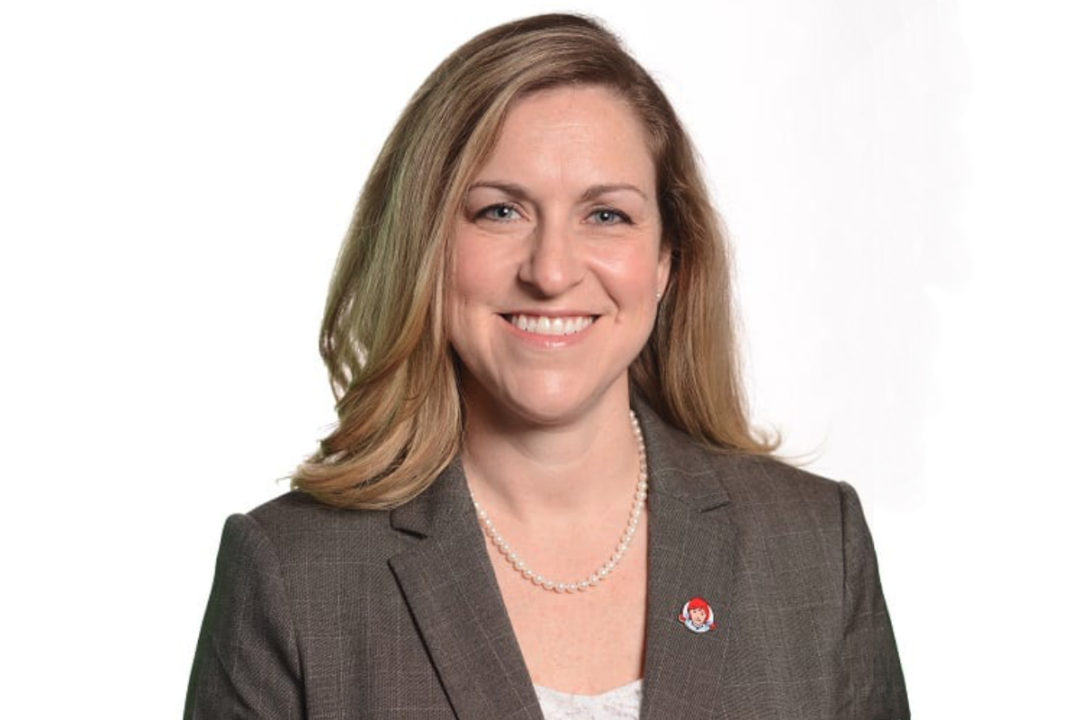Lippe Taylor 10 Aug 2021 // 2:00PM GMT

Russell Dyer is the VP and chief of communications and government affairs at Mondelēz International. Russ is responsible for overseeing all external and internal communications, as well as government affairs, for Mondelēz International, a Fortune 150 company and the global leader in snacking. As a trusted advisor to the CEO and leadership team, Russ promotes and protects the company’s reputation in both emerging and developed markets by designing and implementing impactful communications strategies. These support the company’s objectives and drive engagement with a broad set of stakeholders, including more than 80,000 employees worldwide.
Russ joined Mondelēz in 2015 as Vice President, Global Communications. In that role, he was responsible for all strategic communications plans and overseeing the worldwide external and internal communication activities.
Prior to joining Mondelēz, Russ spent two years at Kraft, where he began as Senior Director of Corporate Affairs and left with the title of Vice President of Corporate Affairs. Before that, Russ was agency-side with a 6.5-year stint at Weber Shandwick.
To listen to the entire conversation, check it out below on Lippe Taylor’s DAMN GOOD BRANDS PODCAST.
Here are some key takeaways from this conversation with Russ Dyer.
Speed and playfulness are the name of the game. As a brand, Oreo has just about nixed extensive content approval processes in favor of quick brand responses in real time, which is what this digital age demands when it comes to brand relevance. Perhaps the most notable example of this was Oreo's Dunk in the Dark campaign, which has a place in the annals of marketing history. The idea itself was extremely simple, but the fact that they were the first brand to respond during this moment in culture catapulted them to the top of the conversation, making this one piece of content a best practice for years to come. As a result, Oreo has built a social media content engine based on quick responses and engaging with conversations of the day, in real time and in ways that are authentic to the brand.
ESG is an open playing field; invent your own best practices. Mondelēz launched the first-of-its-kind traceability program with the Triscuit brand, whereby consumers are able to see the exact path to production the crackers take — this includes everything, from where their ingredients are sourced to their exact manufacturing processes. As more and more consumers and stakeholders become interested in transparency, finding new ways of disclosing this information is going to become more and more important. Rather than studying how other brands were handling this element of ESG, Mondelēz decided to innovate, and other brands are sure to follow. ESG is still an evolving field, so rather than wait for a best practice to emulate, do what Mondelēz did: create your own pilot programs and Test-and-Learns to chart the path yourself.
The squeaky wheel gets the opportunities. Russ delivered a killer piece of career advice: make sure you are constantly exposing yourself to new people, new knowledge, and new ways of thinking and learning. Throughout the course of a career in marketing, it's rare to have a manager who will give you the kind of mentorship and education that will really enable you to flourish towards executive leadership; these are things you're going to have to find for yourself. Russ specified that it takes a HUNGER for new knowledge and relationships to move upward. So get out there, start taking people out for lunches, coffees, or just casual conversations--if only to expose yourself to new ways of thinking and working. It all pays off eventually.
Paul Dyer: Russ, thank you for joining us.
Russell Dyer: Thanks for having me, Paul.
PD: So Russ, I thought we would start our conversation today with something that was in the news from Oreo very recently. There was a supposed Oreo/mayonnaise mashup product that became a viral hit for a minute. Is this thing happening or not?
RD: Oreo was the first brand I worked on when I was on the agency side. And when Oreo speaks, people listen. And the number of things that come the brand's way every day around the world is pretty amazing. We have a global newsroom team meeting every week where we look at all the brand activity, all of the corporate activity, and it's hard to get through the Oreo update with a straight face. One day our North American leads are putting cookies in a bunker for doomsday, another day they're looking at mashups with other categories. And that's their brand equity: playfulness. It's so much fun working with an icon like that.
PD: I can only imagine! These stunts or activations are what we like to refer to as “earned creative”: ideas that are inherently worth talking about. So Oreo has this brand equity, but that was hard-earned. What are your thoughts on building that equity using earned creative programs like the ones behind Oreo?
RD: Brand relevance is obviously different brand to brand, and is inherent in Oreo's IMC work and global IMC work. Since the early days, speed and playfulness have been pillars of the brand. That doesn't mean you always get it right. But when you are in tune with the conversations of the day and really dial into the conversation in a brand-authentic way, the opportunities for that type of earned creative are endless.
Within every news cycle, there are opportunities for content, opportunities for engagement. And Oreo has built such an amazing body of work around that relationship with its consumers, with media, that the effects can really be compounding and it's fun to watch. The creativity just never ceases to amaze me. And that's the right agency partners, the right ways of working, but it's also just brands like Oreo that consumers truly love.
PD: Triscuit, one of your brands, recently signed on to a commitment around traceability where you can now trace the product and sourced ingredients from the wheat field to the plant where the Triscuits are boxed. Is the concept of traceability a part of the ESG goals you've set forth?
RD: It's definitely a pilot and a Test-and-Learn. The story of Triscuit’s supply chain is pretty amazing in the US. We work with a handful of family farms in Michigan, where we source the wheat. It comes to Naperville, Illinois to one of the plants that I've actually visited to see the process. More and more consumers and stakeholders are interested in transparency, and where your ingredients come from, and what your manufacturing processes are. And this is an exciting technology that we are piloting. It's one brand, one category. It's easier to do with a brand like Triscuit that starts with three simple ingredients, but it's exciting and inspiring for what can come of a more transparent supply chain down the road.
For those on the corporate communications side, it is interesting to see the way the sausage is made in terms of this being a corporate affairs project that partners with marketing, supply chain, and with our friends in IT. It takes all of those functions working together to bring these programs to life. But there's something in it for everyone.
PD: What are your thoughts on the current state of big, packaged food vs. startups in DTC? And how are you guys defending against that, or maybe leading out now in this post-COVID world?
RD: Yeah, it's funny. The narrative of big vs. small, I really do think, has shifted a lot. When I was leading Corporate Affairs at Kraft, in the business there would be discussions about these ankle-biter brands and insurgent brands and this language that was very “us vs. them.” And I really don't see that anymore. I see partnerships and collaborations with big companies like ours, $27 billion global companies, partnering with these small well-being startup brands who have challenges and want to learn. We're interested in forging those relationships to also learn from them regarding these interesting innovations in these crazy well-being categories that we could never go into on our own. But together we can learn, and we've started some great ventures.
Our Snack Futures Innovation Hub is a great format, and they started a program called CoLab, that is exactly this exchange with US-based well-being brands. It’s a very different tone from years ago. Now one plus one can equal three. They can learn from our capabilities and our experience and expertise as a global company; we can learn from them on ways of working and agility and consumer-centrism. So we're doing a lot more in that space.
PD: Over the last year and a half , CEOs, presidents, and business leaders were suddenly thrust into a world where they had to actually manage the business via internal communications in a way that they didn't previously. Have you felt a difference in the way they've engaged you and the prominence that they've put on the overall employee experience in internal communications?
RD: The overused adage of not letting a good crisis go to waste comes into play here. I think as communicators, we feel that more intensely because never before, and perhaps never again, will as much focus from senior leadership be put on internal communications. Elements of public and government affairs and stakeholder engagement were just absolutely critical to defend your freedom to operate during chaotic lockdowns, particularly outside of the U.S., early last year.
So we've spent a lot of time and attention--because we're already in the throes of planning for 2022--to think about how we can continue to earn that interest from business leaders and that seat at the table for how much of a commercial and competitive advantage internal communications and engagement can bring.
PD: For aspiring leaders in communications and marketing roles, as they think about the mindsets that they should adopt or capabilities that they should try to improve in the future, what are going to be the important things a couple of years down the road?
RD: Simplicity, I think, especially for a company like ours. The volume of content, the proliferation of channels, the topics, the stakeholders, everything, only grows in terms of the breadth of what we need to touch. And more and more, the Apple Store mentality of the clearer, the cleaner, the simpler, the more useful, will be important.
So being skilled at simplifying messages and simplifying content is not the sexiest thing, but it is so impactful when you can do it right and do it well. I think that's a capability we're all trying to get better at. And I think when there are agency partners, as well as tools, tech, and things that help you simplify and streamline, I've got a lot of time for conversations on that topic.
PD: There’s a debate about analytics and being "data driven," vs. using insight, intuition, creative thinking, etc. So where do you fall on this great dispute between left and right brain?
RD: This is a debate we've had internally for many years. We have a global newsroom that really focuses on our global storytelling and breaking down a lot of the silos that used to exist across the business, particularly on the internal side as well as some of our external channels. And you need the right data, and you need to be able to pull it together in a less manual way to inform and improve the decisions you're making and the content you're creating for the audiences. But measurement can become a very expensive and very time-consuming exercise if not scoped appropriately.
We've gotten disciplined when we're assessing a campaign, to ask, “What are the measures that we really care about, that we're going to actually go do something about?” It is one of the more interesting places on the tech side, where things are advancing and you can have more data at your fingertips, more dashboards, more useful presentations of the data in ways that executives care about. But I would never over-index on either the left brain or the right brain. I think the art and science of what we do is what makes our jobs interesting, because it brings both sides to bear. And if done right, you're using both sides of your brain every day.
PD: So you're a young guy in a very big job. You're obviously smart, but I'm sure you also had people who helped along the way. People often ask, what sort of mentor should I be seeking? Is it finding that one champion that takes me along with them, or is it exposing myself to lots of senior people? How do I find that those people that are going to help me get to the next level? What did your own career progression look like?
RD: It's a great question. I have had some amazing bosses and mentors and leaders that I've learned from. I do think that is one of the beauties of our industry, particularly on the agency side, is you are exposed to a lot of different leadership styles at a very young age, and you can learn from a broad assortment of styles and ways of working. I've always been very transparent in my bias toward agency experience for that reason. The more you can widen your base and learn from others, whether they're clients of yours, other agency leaders, etc., the better.
I benefited a lot from working at a global agency where I really got my start on the communications side. I also think a lot of the relationships that I have are with people who are just hungry for that connection. It's not necessarily mentorship in the traditional sense, just connection. It's interesting conversations, it's casual coffees, bouncing off the news of the day. People who are hungry for that build networks inside and outside of their organization, that I think prove valuable down the road when you're growing and stretching with different assignments and different roles.
That's also part of what makes working at a global company like Mondelēz so exciting, because you can forge those relationships with colleagues you've worked with on projects in India or the U.K. or Brazil or wherever it may be. So I think knowing a wide base of leaders, and having intellectual curiosity—but also being that squeaky wheel, and going out and forging those relationships, is really important.
PD: That's great advice, and a great place to wrap up our conversation. Russ, thank you very much for joining us and sharing all of your insights here today. I know that people are going to be really excited to hear these.
RD: Thanks for having me, Paul.


































.jpg)














